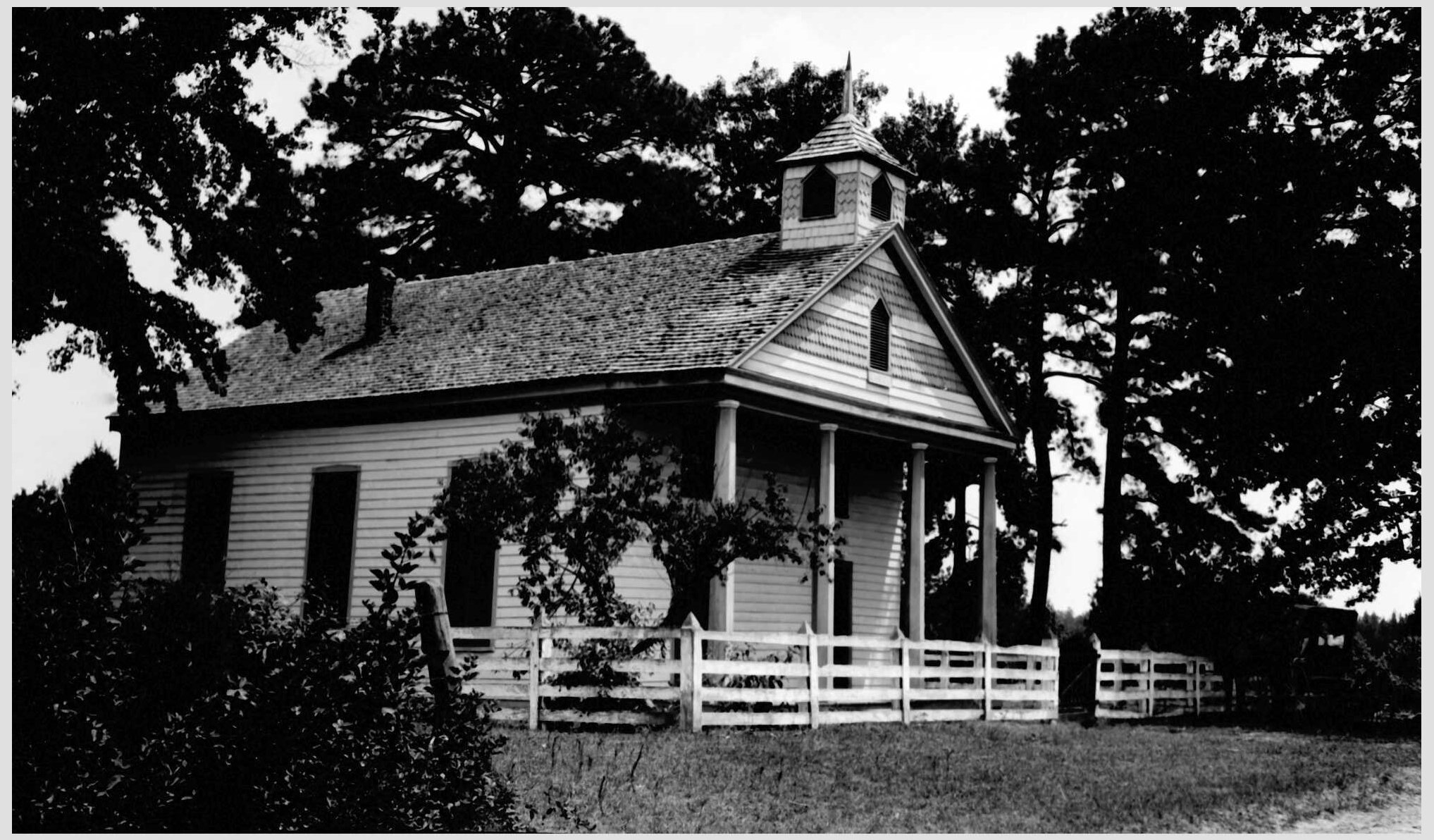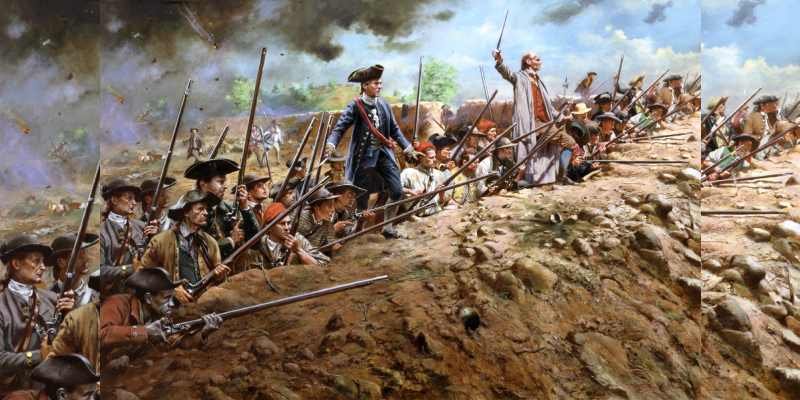
Battle Road: "Masters, slaves, free blacks and at least one Indian…
There were at least 21 men of African descent in the militia at Lexington and Concord in April 1775, and in the pursuit of retreating British red coats down Battle Road back to Boston. All were members of the militia. Some were "minute men" -- the elite militia force expected to move faster when called.

Rhode Island’s 1778 law to purchase and emancipate slaves for military service
When Rhode Island needed more soldiers, early in 1778, both for its own defense against British invasion, and to contribute to the main Continental Army under General George Washington, the legislature reached into ancient practice, observing "history affords us frequent precedents of the wisest, the freest and bravest nations having liberated their slaves and enlisted them as soldiers to fight in defence of their country."

The burden of military service chiefly falls on the poor…
Long after the Revolution, myths developed of “the Continental soldier as American yeoman — the small farmer/landowner who grabbed his rifle from above his fireplace and marched willingly to war.” Not so. Less than ten percent owned property. One quarter were Irish, one eighth German, young, landless and unskilled.

Oneida Resist British Invasion of the Homeland
Oneida resisted British invasion of their homeland during the American Revolutionary War, including the Battle of Oriskany, providing essential support to the Continental Army in the victory at Saratoga in 1777.

The Revolution Needed Gunpowder
John Glover’s 78-ton Hannah had fished in the Grand Banks and sailed to the East Indies for ten years before being refit as the first (unofficial) war ship for the United States of America.

Americans of African descent in the Virginia Line Regiments: Who Were They?
Virginia had one of the largest enslaved populations, but many Virigina line regiments in the Continental Army enlisted men of African descent. Where did they come from?

A Tale of Two Veterans: Free and Enslaved
Men of African descent who served in the Massachusetts militia or enlisted in the Continental Army in 1775 came from a variety of circumstances. Two stark examples are Barzillai Lew (free) and Eden London (enslaved).

Present From The Beginning: Lexington, Concord and Bunker (Breed's) Hill
Quintal tabulates 103 "patriots of color" serving at the Battle of Bunker Hill, and that there may have been as many as 150.

Black and White and Red All Over: George Washington's First Marines
Ferrying the Continental Army across the ice-choked Delaware River on December 25, 1776 was assigned to John Glover's regiment from Marlblehead Massachusetts.

There Were Limits to the Patriotism of South Carolina's Elite
Colonel John Laurens proposed to free and arm 3000 enslaved men to repulse the British invasion of South Carolina.


The Duplex Family: Revolutionary War veteran, Tioga County NY pioneers, church founders, doctor, civil war veterans, mayor, and world war veterans.
Prince Duplex, Sr., was one of at least 289 people of African descent who enlisted in the Connecticut Line during the American Revolutionary War.

Adjutant General Alexander Scammell’s “Return of Negroes in the Army”
Although there was no uniform effort to record the complexion or race of Continental Army soldiers during the Revolutionary War, there are enumerations that provide some clue to their presence. Once was undertaken by Adjutant General Alexander Scammell, 24th August 1778. This was a “Return of Negroes in the Army” directly under George Washington’s command, two months after the Battle of Monmouth.
About the Author
I have written for ABC-CLIO's Encyclopedia of the American Revolutionary War, Ethnic and Racial Minorities in the US Military, Encyclopedia of the US Government and the Environment, and Revolts, Protests, Demonstrations and Rebellions in American History. I contributed a number of entries to the Oxford Encyclopedia of African American History 1896-2008, including what I believe to be the best 4000 word essay on Racism ever written.

1776 In Living Color
From 2025 to 2033, we will celebrate the 250th anniversary of the American Revolution. Before all the official events get underway, we need to understand who We The People, those who won our war for independence, really were.
-
June 2024
- Jun 10, 2024 Freeing and Enlisting Enslaved Men in South Carolina after Yorktown — Refused Again Jun 10, 2024
- Jun 9, 2024 Hull and Kosciuszko: For the freedom of America, Poland and the world Jun 9, 2024
-
May 2024
- May 21, 2024 Agrippa Hull: The Sage of Stockbridge May 21, 2024
- May 5, 2024 The Bugle Boy Who Won the Battle of Cowpens May 5, 2024
-
March 2024
- Mar 27, 2024 Ona Judge Staines Escaped from Slavery at Mount Vernon Mar 27, 2024
-
January 2024
- Jan 16, 2024 1774: "we will wholly discontinue the slave trade... Jan 16, 2024
-
December 2023
- Dec 31, 2023 1774-2024: Run-Up to A Revolution Dec 31, 2023
- Dec 7, 2023 The Revolutionary generation and the grip of racism: Sarah Forten’s poetry Dec 7, 2023
- Dec 4, 2023 Three Veterans, Three Slaves, and a Reverend Dec 4, 2023
-
November 2023
- Nov 17, 2023 What the Hessian officer saw at Saratoga… Nov 17, 2023
- Nov 8, 2023 Gage: “the Rebels have brought all the Savages they could against us here.” Nov 8, 2023
- Nov 2, 2023 Liberty and Property: Seeking the truth about Prince Whipple Nov 2, 2023
-
October 2023
- Oct 29, 2023 Paul Cuffe: Sailor, Whaler, Privateer, Prisoner of War, Fleet Owner… Oct 29, 2023
- Oct 22, 2023 James Forten: “I have been taken prisoner for the liberties of my country…” Oct 22, 2023
- Oct 15, 2023 There’s a woman in every army: Deborah Samson and Massachusetts light infantry Oct 15, 2023
- Oct 12, 2023 Elizabeth Freeman’s Revolutionary War veterans Oct 12, 2023
- Oct 5, 2023 The Few, the Diverse, the Marines of the American Revolution Oct 5, 2023
-
September 2023
- Sep 30, 2023 From Billie Lee to William: George Washington’s enslaved right hand man Sep 30, 2023
- Sep 18, 2023 Brandywine: The Battle that lost Philadelphia and built an army Sep 18, 2023
- Sep 3, 2023 The spoils of victory… Revolution and strange fruit Sep 3, 2023
-
August 2023
- Aug 27, 2023 Battle Road: "Masters, slaves, free blacks and at least one Indian… Aug 27, 2023
- Aug 19, 2023 Rhode Island’s 1778 law to purchase and emancipate slaves for military service Aug 19, 2023
- Aug 14, 2023 The burden of military service chiefly falls on the poor… Aug 14, 2023
- Aug 10, 2023 Oneida Resist British Invasion of the Homeland Aug 10, 2023
-
July 2023
- Jul 20, 2023 The Revolution Needed Gunpowder Jul 20, 2023
-
June 2023
- Jun 18, 2023 Americans of African descent in the Virginia Line Regiments: Who Were They? Jun 18, 2023
- Jun 11, 2023 A Tale of Two Veterans: Free and Enslaved Jun 11, 2023
- Jun 11, 2023 Present From The Beginning: Lexington, Concord and Bunker (Breed's) Hill Jun 11, 2023
- Jun 11, 2023 Black and White and Red All Over: George Washington's First Marines Jun 11, 2023
- Jun 7, 2023 There Were Limits to the Patriotism of South Carolina's Elite Jun 7, 2023
- Jun 7, 2023 Great Britain Was The Dominant Power in the Slave Trade Jun 7, 2023
- Jun 2, 2023 The Duplex Family: Revolutionary War veteran, Tioga County NY pioneers, church founders, doctor, civil war veterans, mayor, and world war veterans. Jun 2, 2023
- Jun 1, 2023 Adjutant General Alexander Scammell’s “Return of Negroes in the Army” Jun 1, 2023
- Jun 1, 2023 About the Author Jun 1, 2023
-
May 2023
- May 31, 2023 1776 In Living Color May 31, 2023
- American Revolution
- Saratoga
- Continental Army
- emancipation
- enlistment
- Georgia
- Massachusetts
- slave trade
- John Laurens
- Revolutionary War
- Crossing the Delaware
- Non-Importation Agreement
- South Carolina
- enslaved
- First Continental Congress
- James Forten
- African Americans
- Bunker Hill
- Connecticut Line
- Stockbridge
- prisoner of war
- New Hampshire
- privateer
- Charleston
- guns
- occupation
- Tioga New York
- Cowpens
- Continental Congress
- Women soldiers
- liberty
- British invasion
- slavery
- Non-Importation Agreements
- Colonel John Ashley
- Harlem Hellfighters
- Continental Line
- slaves
- Daniel Defoe
- Battle of Kingsbridge
- West Indies
- Africa
- gunpowder
- Mashpee
- Battle of Trenton
- Delaware
- Tadeusz Kosciuszko
- American Independence
- Gloster Watson
- Nathanael Greene
